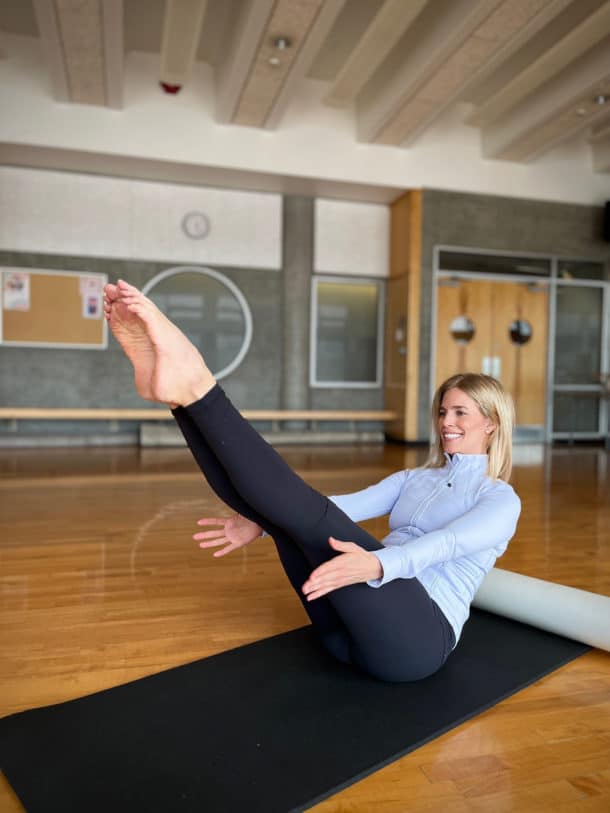Developing a religious practice can positively impact your health.
“Spirituality” is a connection to something larger than oneself that gives life meaning. “Religion” refers to beliefs and practices shared by a community.
Religious practices can enhance your mental wellbeing and physical health. At the core of most religious practices are basic principles for how to life a good life, practices to help cope with challenges and support from community members.
Studies support the benefits religious practices that include:
1/ Basic principles [aka: rule or doctrines] for how to live a good life: Most religions have rules about how to live life and how to treat others within a social group. The rules can help reduce the likelihood of stressful events.
2/ Practices [aka: prayer, chanting, meditating] to help cope with challenging times: Religion provides resources for coping with stress and emotional disorders such as depression, anxiety disorder, suicide, and substance abuse. Prayer is thought to be a method to influence the outcome controlled by a higher power.
3/ Support from community members: Most religions emphasize love of others, compassion, and altruistic acts and provide opportunities to connect. These prosocial behaviors may help relieve stress and encourage members to support one another during difficult times.
Religious practices impact lifestyle factors favorably with one exception:
1/ Cigarette Smoking: Most people [90%] who maintain a religious practice don’t smoke. Their risk for cancer, hypertension, stroke and cardiovascular disease is greatly reduced.
2/ Exercise: Most people [68%] maintaining a religious practice are more active especially is they engage in walking meditation or prayer walking.
3/ Diet: Most people [62%] maintaining a religious practice eat more nutritious foods including fruits, vegetables and lean protein rather than processed and packaged foods.
*4/ Weight: Many people [44%] maintaining a religious practice tend to eat more even if they are eating healthier foods. The excess food consumption unfortunately puts them at higher risk for weight related issues such as diabetes, heart disease and cancer.
5/ Sexual Behavior: Most people [86%] maintaining a religious practice have low risk sexual practices. Consequently, they have a lower risk of venereal diseases including: syphilis, gonorrhea, herpes, chancroid, chlamydia, viral hepatitis, and human papilloma virus and human immunodeficiency virus.
Religious practices also have a dark side.
Religion may also be used to:
1/ Justify hatred, aggression, prejudice, and the exclusion of others.
2/ Gain power and control over vulnerable individuals (as seen in cults)
3/ Foster rigid thinking and obsessive practices
4/ Lead to anxiety, fear, and excessive guilt over minor infractions (and even self-mutilation in some cases)
5/ Produce psychosocial strains due to failure to live up to high religious standards
6/ Lead to escape from dealing with family problems (through excessive involvement in religious or spiritual activities)
7/ Delay diagnosis and effective mental health care (due to antagonistic relationships with mental health professionals).
Best advice…choose your community carefully!
Contact Us
Please email us to request more information about our services and collaborations.
Stay Connected
Subscribe free to receive our latest tips, workouts, exclusive offers and community notifications every Monday.



